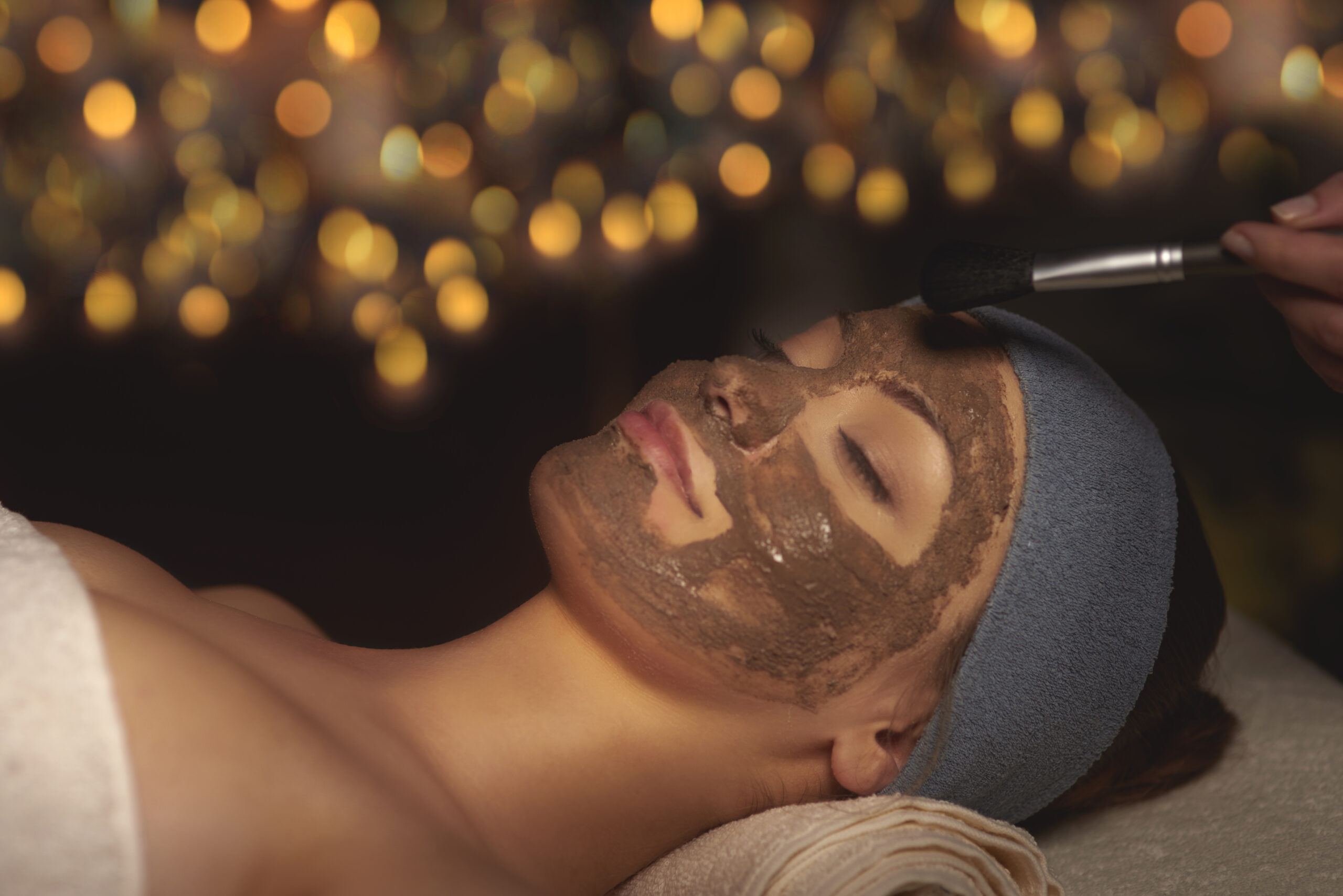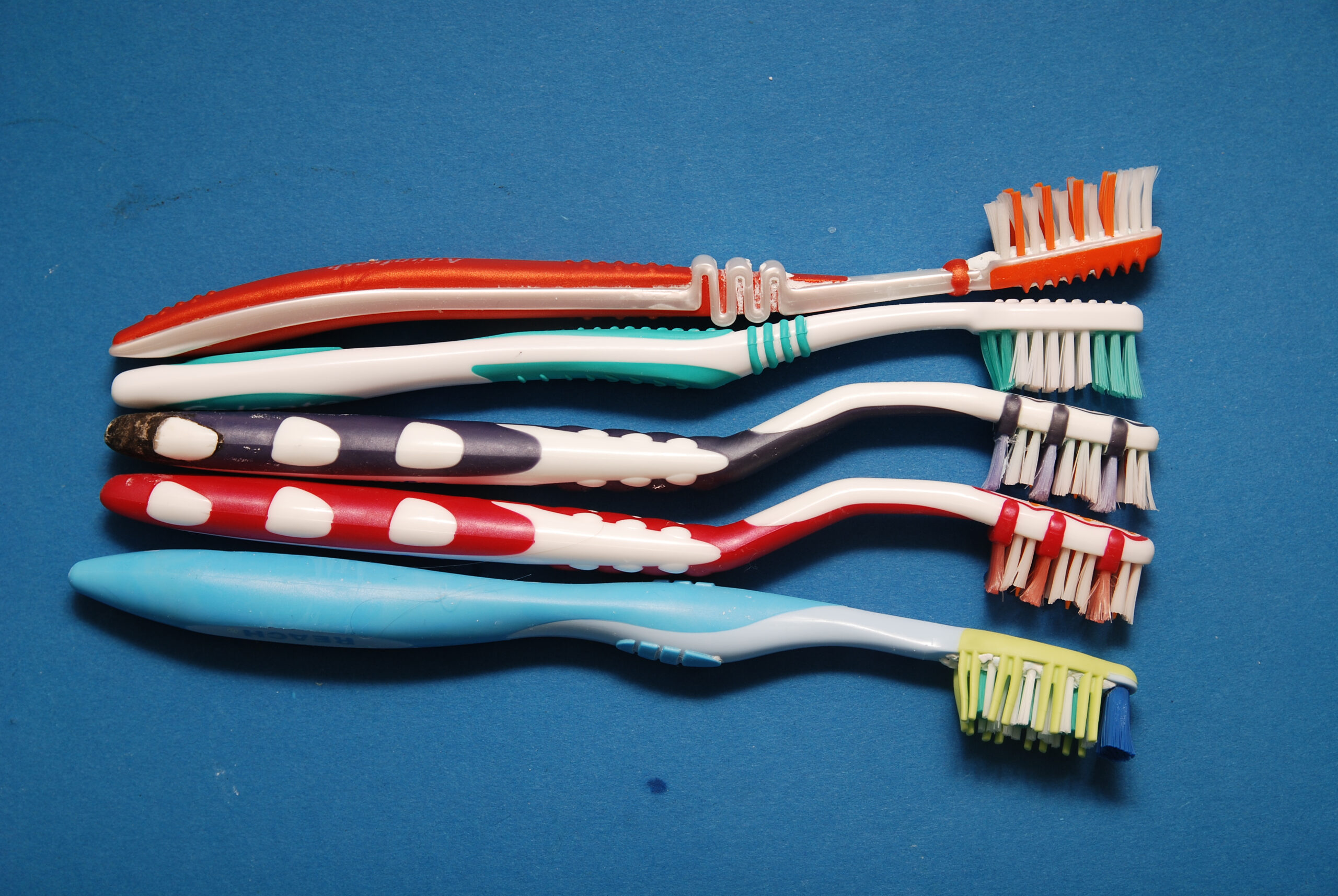Acne is a common skin condition that affects millions of people worldwide. It can be frustrating and embarrassing, but the good news is that there are many effective treatments available to help clear up your acne and improve your overall complexion. In this blog post, we’ll explore some of the best acne meds on the market today, as well as how to choose the right treatment for your specific skin type.
Introduction to Acne Meds: What Works, What Doesn’t
There are several different types of acne medications available, including topical creams, gels, and lotions, as well as oral antibiotics and hormonal therapies. Some of the most popular brands include Proactiv, Clean & Clear, and Neutrogena. While these products may work differently, they all have one thing in common: they aim to reduce inflammation, kill bacteria, and unclog pores to prevent breakouts from occurring.
Understanding the Different Types of Acne and Their Treatments
The first step in choosing the right acne medication is understanding the different types of acne and their causes. There are four main types of acne: blackheads, whiteheads, papules, and pustules. Blackheads and whiteheads are mild forms of acne caused by clogged pores, while papules and pustules are more severe forms characterized by redness, swelling, and pus-filled lesions.

Treatment options will vary depending on the severity of your acne. For example, if you have mild acne, an over-the-counter product like benzoyl peroxide may be sufficient. If you have moderate to severe acne, however, you may need to see a dermatologist who can prescribe stronger medications such as retinoids or antibiotics.
How to Choose the Right Acne Medication for Your Skin Type
Choosing the right acne medication for your skin type is essential for achieving optimal results. Here are some tips to consider when selecting a product:
1. Consider your skin type: If you have dry skin, look for moisturizing ingredients like aloe vera or hyaluronic acid. If you have oily skin, opt for oil-free formulas with salicylic acid or charcoal.

2. Read labels carefully: Look for active ingredients that target acne-causing bacteria, such as benzoyl peroxide or sulfur. Avoid products with harsh chemicals or fragrances that could irritate your skin further.
3. Test products before committing: Start with a small amount of product and apply it to a patch of skin to test for sensitivity or irritation. Wait at least 24 hours before using the full product.
Common Myths About Acne Treatment Debunked
One of the biggest myths about acne treatment is that it’s a quick fix. The truth is that treating acne takes time and consistency. You may not see results immediately, but sticking to a regular routine and being patient can pay off in the long run. Another misconception is that only teenagers get acne. While acne is most common during adolescence, adults can also experience breakouts due to factors such as stress, hormones, and diet. Finally, don’t believe everything you read online. Some websites promote “miracle” cures or suggest that certain foods or supplements can cure acne, but there is no scientific evidence to support these claims.
Conclusion: Final Thoughts on Finding the Best Acne Meds
Finding the best acne meds can feel overwhelming, but remember that everyone’s skin is unique, so what works for someone else may not necessarily work for you. Be patient, stay consistent, and keep trying new products until you find something that works for your specific skin type. With persistence and the right approach, you can achieve clearer, healthier skin in no time!
